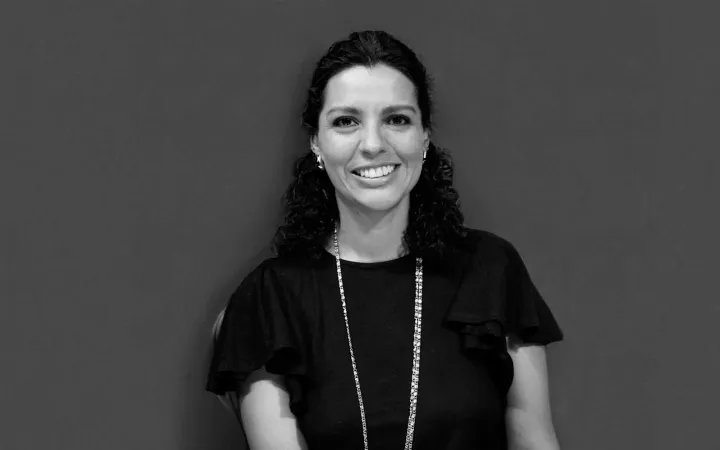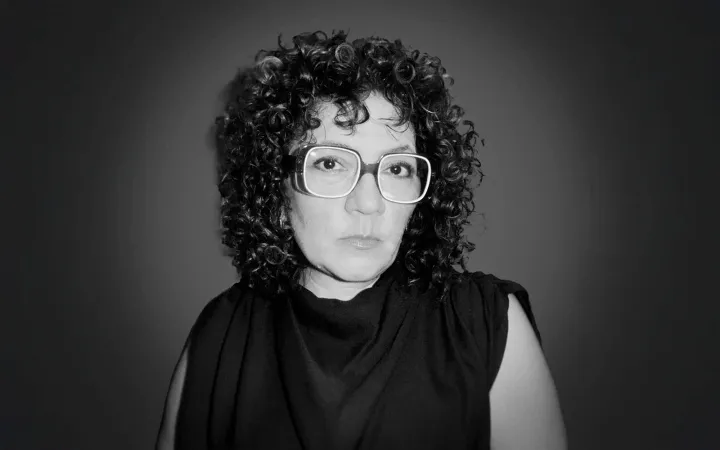
Por Edmée Pardo
Cuando empecé a escribir de manera profesional, un maestro escritor me recomendó siempre traer conmigo una libreta de notas por aquello de que las ideas buscan dónde aterrizar y si no caen un puerto caerán en el que encuentren disponible. Tener una libreta y anotar la frase, la palabra, lo que observamos, crea un recipiente para guardar y madurar aquellas palabras semilla que se convertirán en algo mayor. Ese maestro, admirador de Anton Chejov, comentaba que pudo revisar la libreta de anotaciones del autor ruso y por ahí se lee solitaria, sin otra referencia, la palabra Gaviota. Sabemos que después nació ese gran libreto teatral que marcó la vida de los personajes femeninos. Ahora, que leo el libro Rastro de Margo Glantz, que comenta sobre las partituras de Mozart y las anotaciones que hacía sobre ellas; sobre Roseau que vivía de pasar partituras en limpio… pienso otra vez en las libretas de notas como registro de los procesos creativos. Y nada más gozoso para los interesados en el tema que asomarnos a hojas sueltas, cuadernos, partituras, con anotaciones hechas con el puño y letra de su autor. Y sí, durante muchos años traje una pequeña libreta de notas en mi bolso, junto con mi agenda de papel y algunos folios doblados con alguna nota tomada al azar.




